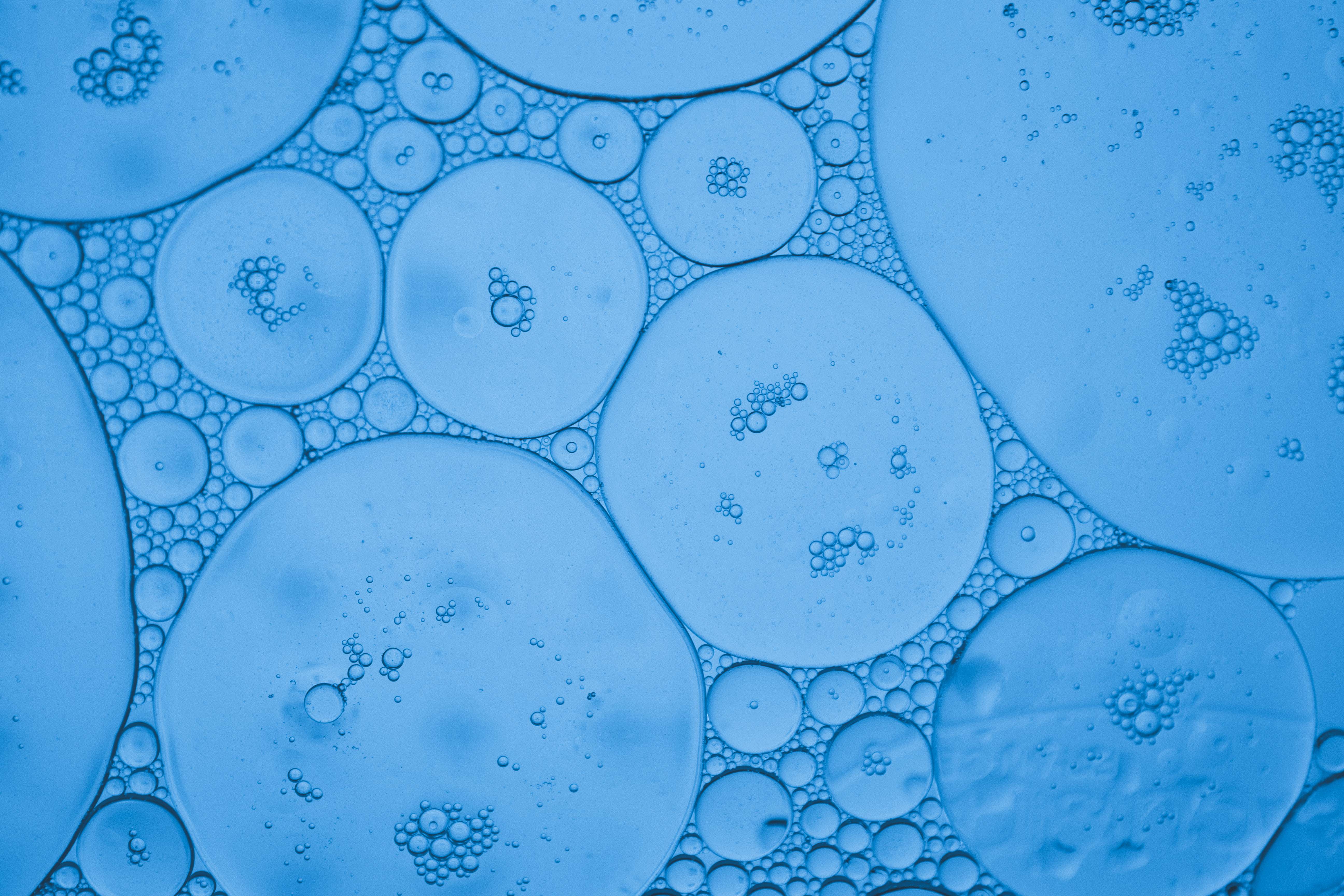For one week, our team hosted two high school students (João Gomes and Lara Ferreira e Sá), who had the opportunity to engage with and participate in the research activities carried out in the Molecular Biomaterials group at i3S, as part of the 29th edition of Ciência Viva no Laboratório initiative.
Under the supervision of Carlos Redondo-Gómez and Karen Gallen, João and Lara worked on a project running in the Lab entitled “Biomolecular characterisation of injectable hydrogels for the treatment of postoperative brain cancer”, aiming to develop a nanostructured injectable hydrogel with promising properties for application in the treatment of glioblastoma multiforme – the most aggressive brain tumour in humans. This short internship allowed them to be directly involved in experimental studies focused on optimising the performance of different hydrogel formulations, applying analytical chemistry and molecular biology techniques such as spectrophotometry and gel electrophoresis.
The students have also interacted with other researchers in the group, having the opportunity to learn about other projects and discuss future perspectives on their studies and professional careers. For both of them, this proved to be an enriching opportunity to immerse themselves in the daily routines of a laboratory and the work of a scientist, explore and practice different techniques, and gain a clearer perspective on what it truly means to be a scientist. This proved also to be a highly rewarding experience for the hosting researchers (see testimonials below).
About Ciência Viva no Laboratório initiative: Ciência Viva no Laboratório is a summer internship program for high-school students, offering young people the opportunity to take part in internships at the most prestigious national scientific institutions. The program aims to promote hands-on science education and encourage young people to pursue scientific careers. Organised in collaboration with the Portuguese scientific community, this program has already provided around 20,000 students across the country with the opportunity to experience scientific research up close. It has played a decisive role in guiding young Portuguese students and helping them explore career options in science and technology.
Lara Ferreira e Sá testimonial: “When I first started my internship in the laboratory, I had a picture in my mind of what it would be like, but in reality turned out to be some what different. Instead of just following set routines, I found myself learning new techniques, troubleshooting unexpected problems, and discovering how much creativity is hidden in scientific work. Every day brought something I hadn’t anticipated, and that’s exactly what made it so valuable. I learned far more than I expected, not just about the science itself, but about the patience, precision, and collaboration it takes to succeed in this field. This experience didn’t just teach me skills and a new vision, it made me certain of that I want to build my career in.”
João Gomes testimonial: “Over my four days at i3S, I had the opportunity to immerse myself in a real research environment and enhance my comprehension of how scientific work is conducted in reality. I became familiar with different lab techniques, such as electrophoresis, and above all, I understood the dedication and patience required to obtain reliable results.
In the future, I would like to pursue a career in biochemistry and be able to improve people’s lives, even if it takes years of challenges and fails. For that matter, this short internship at i3S has confirmed my interest in that path. Moreover, I have to acknowledge the kindness of all the researchers and staff that welcomed me with open arms, making i3S a place where science finds no boundaries or borders. Thank you so much for this opportunity and for letting me have an insight into what a scientist really is: someone with hopes, expectations and a lot of perseverance.”
Karen Galle testimonial: “Hosting high school students through the Ciência Viva project was a truly rewarding experience. Their curiosity, enthusiasm, and active participation highlighted their genuine interest in science and, more specifically, in understanding how the research world operates. I was glad to share my own academic journey with them – reflecting on the challenges of being a working student during my bachelor’s and master’s studies, as well as the enriching experience of being an Erasmus student abroad. I believe this exchange gave them a realistic insight into the daily life of a researcher while also inspiring and reinforcing their motivation to pursue higher education.”

